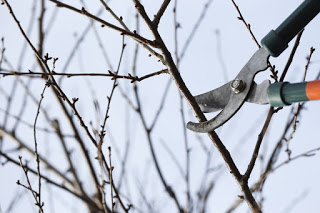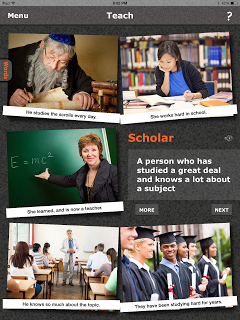Pruning Vocabulary

“One gradually learns the word’s denotations and connotations and its modes of use little by little over many, many language experiences.”
– Ed Hirsch (2003)
We know that an advanced 12th-grade student who knows 80,000 words knows each of these words with different levels of precision. She learned these words, not by learning 15 words a day, but by collecting bits of information about, and integrating together these bits in order to “own” the words.
On average, students require 10-12 exposures to a word in a variety of contexts in order to have this ownership over a “rare word” (i.e., Tier Two vocabulary.)
By providing students with a multitude of context clues about a new vocabulary term from the get-go, we posit that the time spent mastering these words will diminish, leaving the student with a deeper, broader understanding of the word, requiring only further refinements.For example, if a student reads, “The prudent mom brought her coupons to the store,” she might infer that prudent means thoughtful, or good at planning ahead. A month later, she might read, “Tavon prudently studied for his test.” When this word is accessed, the previous assumption of what prudent means is pruned. Now she might understand prudent to mean planning ahead to save money and to get a good grade. Four months later, she might hear her health teacher say, “It is important to make prudent decisions about the food you eat so you do not become obese.”
With repeated exposures, the student develops a deep, broad understanding of the word and the variety of contexts in which it can be used.
We encourage teachers and SLPs to work with students to find multiple images that represent the word. Through this discovery process, the word is explored in greater depth than if only a definition were provided. We anticipate that word meanings can be pruned and honed in far less time by approaching vocabulary learning in this manner.We’ve done this with our InferCabulary app, giving students multiple exposures through photographs to help them through this discovery process.


